CASA BLOGS
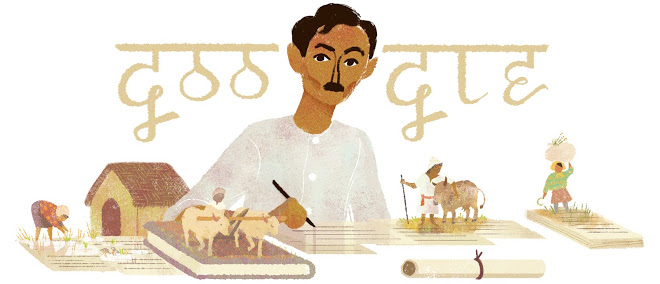
…And Dhanpat Rai Shrivastava becomes Premchand. More than that, it still happens
What if I ask you “the real name of Premchand”? Yes, Premchand- one of the most revered novelist is not known to us by his original name which is Dhanpat Rai Shrivasatva. He adopted this pen name to conceal his identity from British officials at a time when speaking up against social problems especially if it hit colonial government was extremely challenging.
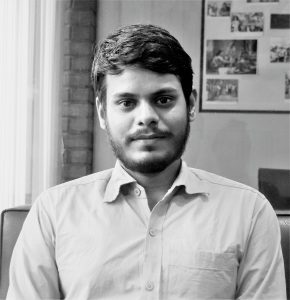
By Saurabh Kumar
Intern – CASA Communications
Rajathi Salma, a distinguished Tamil writer as a publisher says “virtually imprisoned” in her home in her formative days adopted the pen name to publish her poetry. Her poetry reflects the male domination.
Kamala Das, a leading Malayalam author from Kerala has a similar story of adopting a pen name.
It goes without saying that their writings proved to be capable of revolutionizing the contemporary society. The work they authored challenged either the prevalent stereotypes or the status-quo of power structure in the society.
The literatures of authors like Premchand were aimed to expose the exploitative farming system in rural India. His satires were aimed at the excesses of dominant landlord class of that time. At the same time there was a nationalist sentiment in his works and hence appalling to the colonial regime. In an incident a British officer ordered a raid on Premchand’s house, where around five hundred copies of Soz-e-Watan were burnt. After this, the editor of the Urdu magazine Zamana, advised the pseudonym “Premchand”.
The tradition of using pen names have had a long impact in organizing one’s viewpoint within a framework and instill a sense of awakening within the masses.
The wave to conceal identity using a pseudo name spread from the West where women authors like Bronte Sister, Jane Austen and George Elliot wrote about patriarchal oppression during 19th century. Works by many of these women were not even widely recognized until their deaths.
A prime example is one of the most popular fantasy novel series till date – Harry Potter. Joanne Rowling used a gender-neutral pen name ‘J.K. Rowling’ instead. The publisher anticipated that her target audience of young men might not like to read a book written by a female author.
These are some of the most popular name from the endless list of such writers. Many of them died and their works lost in anonymity.
However, a lot of writers use pen name just to suit their genres. Take for example legendary Urdu and Persian poet Ghalib which means ‘conquerer’ but his real name was Mirza Asadullah Baig Khan. Same goes with distinguished lyricist and poet Sampooran Singh Kalra who popularly known by his pen name Gulzar meaning a ‘garden’.
Photo Courtesy: Google Doodle
 Previous Blog Post KERALA HIT BY SEVERE FLOODS; CASA INDIA IS RESPONDING
Previous Blog Post KERALA HIT BY SEVERE FLOODS; CASA INDIA IS RESPONDING ‘Super cyclone changed everything – even our minds’
‘Super cyclone changed everything – even our minds’Featured Post
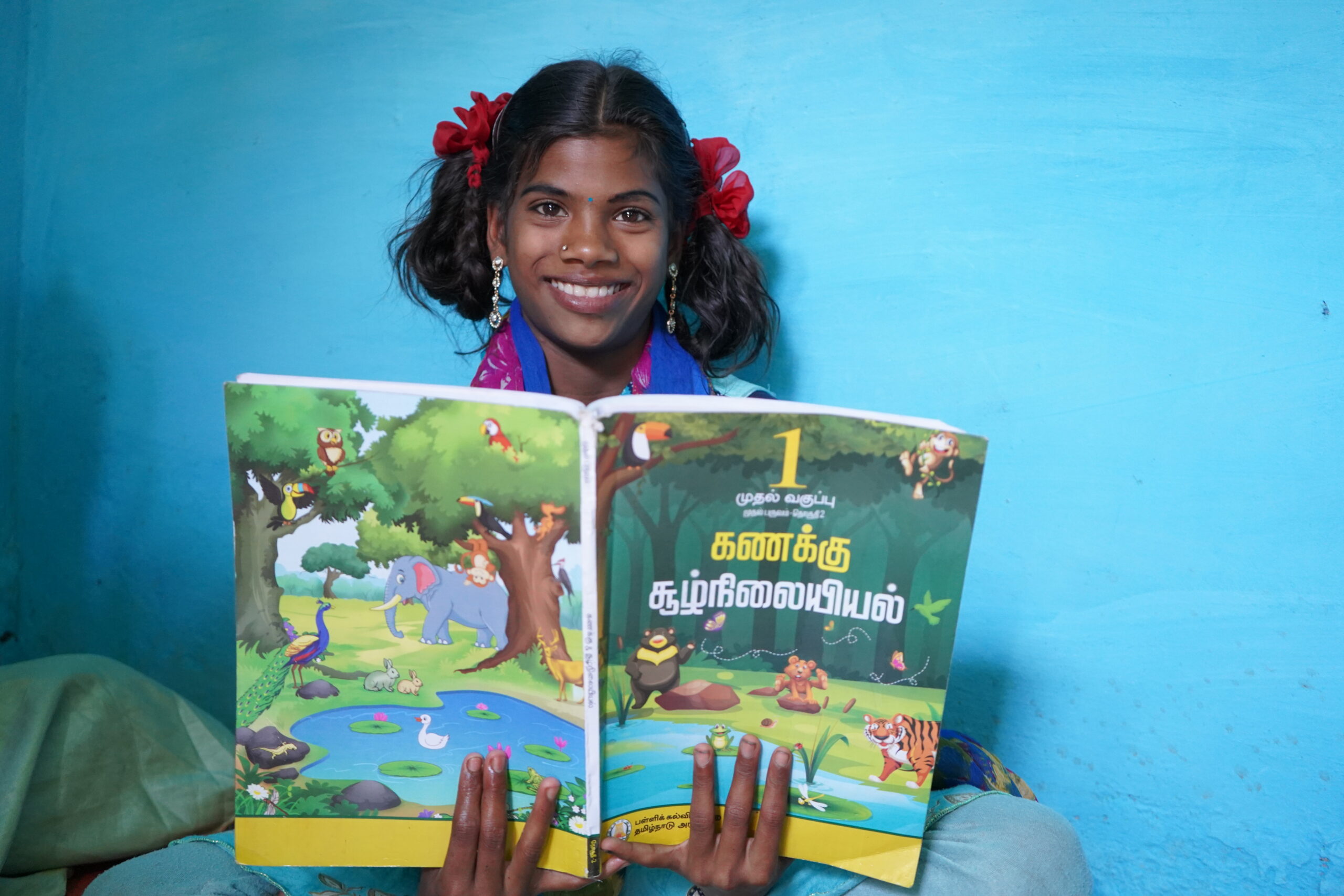
Empowering Rural Education in India:
14 Mar 2024
Introduction: In the vast tapestry of India, education is the key to unlocking the door to a brighter future. However, the challenge of providing quality education to the rural parts of the country persists. In this blog post, we will delve into the crucial role that Non-Governmental Organizations (NGOs) play in bridging the educational gap […]
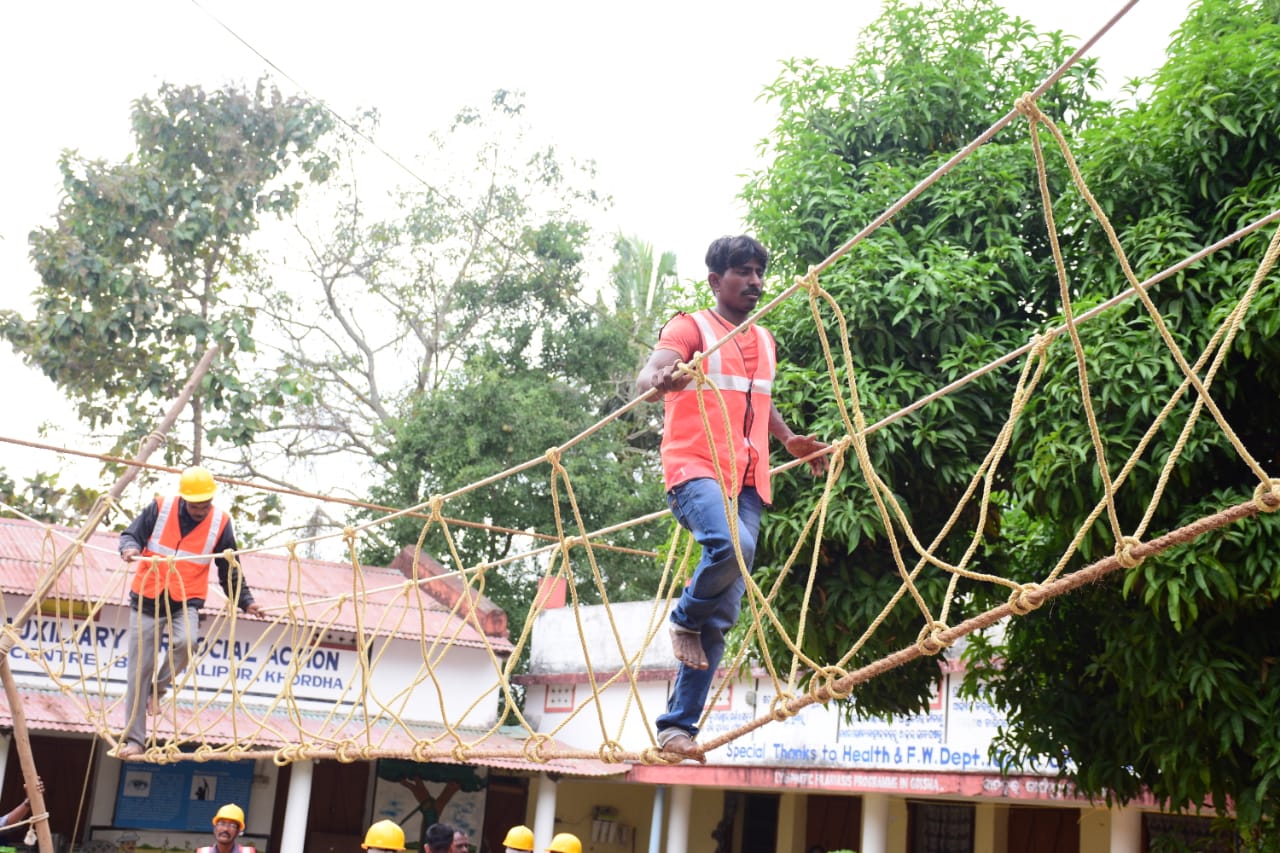
Empowering the Future: Disaster Management Training for School Children in Disaster-Prone Areas
22 Feb 2024
Introduction: In the face of increasing natural disasters worldwide, it becomes imperative to equip our younger generation with the knowledge and skills necessary to handle emergency situations. Children, being one of the most vulnerable groups during disasters, can greatly benefit from disaster management training. This blog explores the significance of imparting such training, with a […]
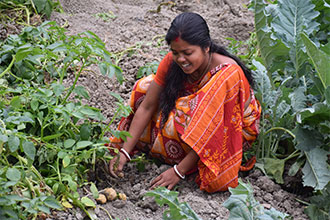
Empowering Women: Transforming Lives Through Sustainable Livelihoods in Rural India
16 Feb 2024
Introduction: In the heart of rural India, a silent revolution is taking place as women embrace newfound opportunities for sustainable livelihoods. This transformation not only uplifts individual lives but also contributes to the overall development of communities. At [Your Organization’s Name], we are committed to driving positive change by providing women in rural India with […]


